It is not often that I can say I have spent some time among the people whose stories feature in MA discussions so I am thrilled to share this week’s episode with you all.
We read from Colleen McElroy’s “Over the lip of the world : among the storytellers of Madagascar” which you can access here. We also talked about talked about Malagasy story telling traditions.
By the way: Malagasy or Madagascan? It doesn’t matter! Per the lemurs, either one works!
I visited Madagascar in December 2016. I spent the whole trip in Antananarivo which, like pretty much every African capital, is a city alive with the contradictions of what it means to be African in this day and age: wrestling with a past which titillates with its beauty and torments with its brutality, facing a future full of possibility and peril, grounded in a present both exciting and exhausting.
I took the picture above to give myself something to focus on, to remind myself of what truly matters (people, life, here and now), and to dissipate the tension in my body. We’d just finished a tour of the Manjakamiadana, the Rova (royal palace complex) of Antananarivo which served as the home of the rulers of the Kingdom of Imerina as Madagascar was then known. Manjakamiadana means “A Fine Place to Rule", which is fitting. Both the palace and the city are fine places indeed. Our guide had been talking about the legendary Queen Ranavalona 1 of Merina, pointing out the hills on which she reportedly killed hundreds of Malagasy people for converting to Christianity. By some accounts, the hills were stained red with the blood of the people she “sacrificed.”

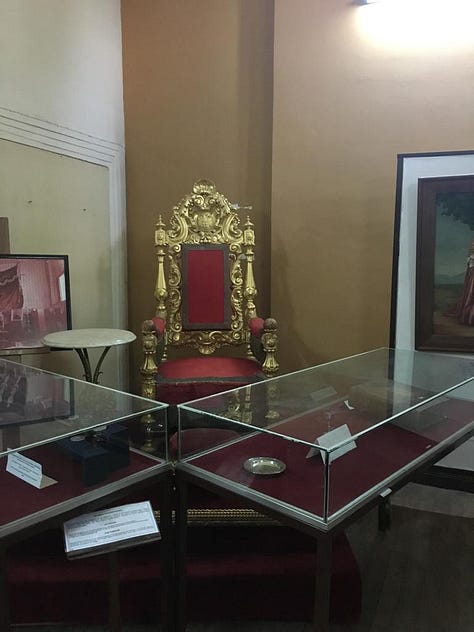
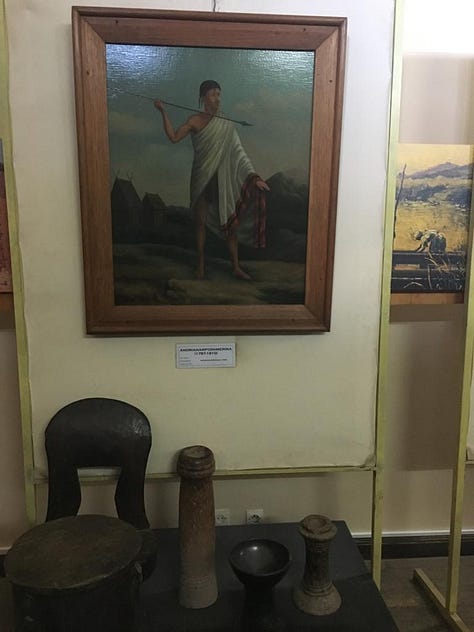
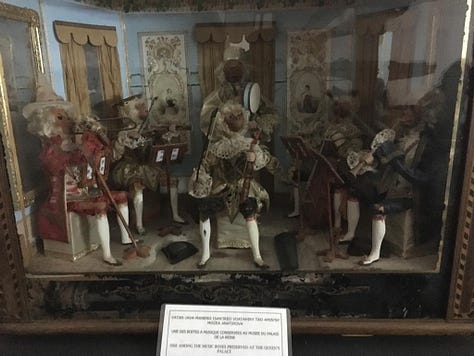

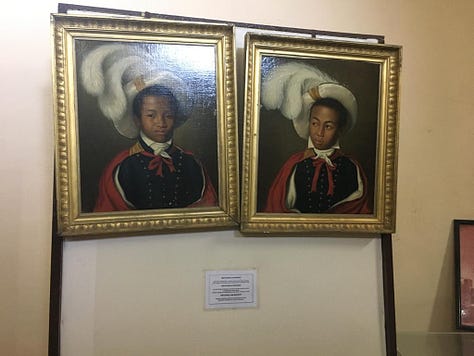
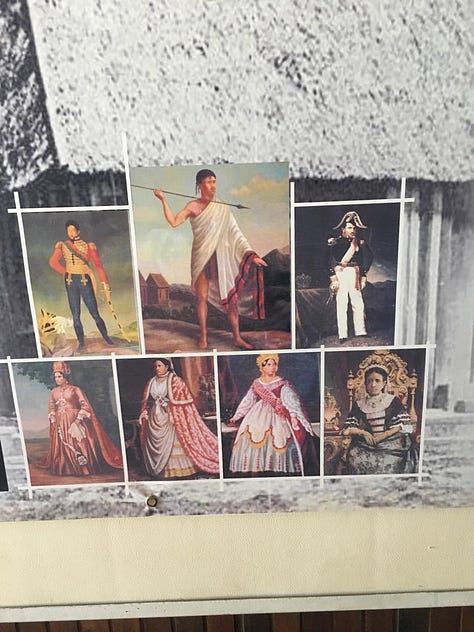
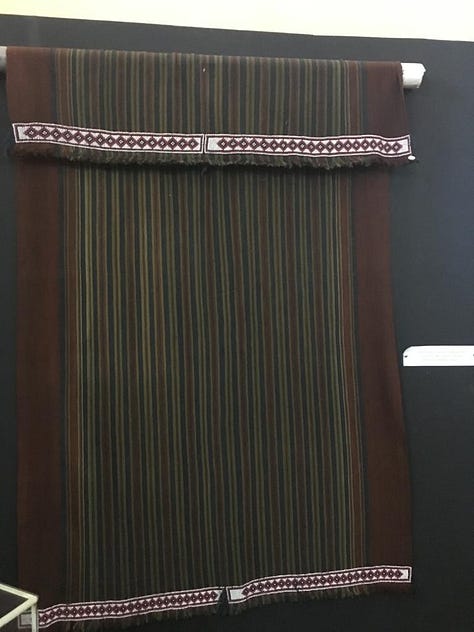

I was overwhelmed with the story of this woman who was both a fierce advocate for Malagasy sovereignty and ruthless oppressor of Malagasy people. She was diligent about protecting her people's independence, encouraging trade and knowledge sharing with foreign powers. She employed Jean Laborde, a French industrialist, to develop her kingdom’s capacity to make modern weapons and stop their dependence on France and Britain. However, Ranavalona vigorously rejected the Christian faith whose introduction and spread by missionaries, she rightfully considered a political attack…we know how things were and in many cases still are. But this meant her ire was often directed at her own people. She is known for overusing the Tangena Ordeal to ferret out traitors and punish dissidents.
The History of Africa Podcast has a series blog posts and podcast episodes exploring Malagasy history, important figures and more.
Coexisting with this complicated history are the myths and folklore of the people which also give an account, albeit a much closer and comprehensive one with, as they themselves say, the ranging vision of a chameleon which keeps “…one eye on the past and the other eye on the future”.


Fun Fact: Iboniamasiboniamanoro is a Malagasy hero whose story is told in the “Ibonia”, an epic poem from Madagascar dating back centuries. The Ibonia has parallels with the Ramayana from India. I will be talking more about this on Saturday September 16th at 9am (ET) with Rakesh Khana whose phenomenal book with J. Furcifer Bhairav “Ghosts, Monsters and Demons of India” features more stories which connect India with the African continent. Hope to see you there!





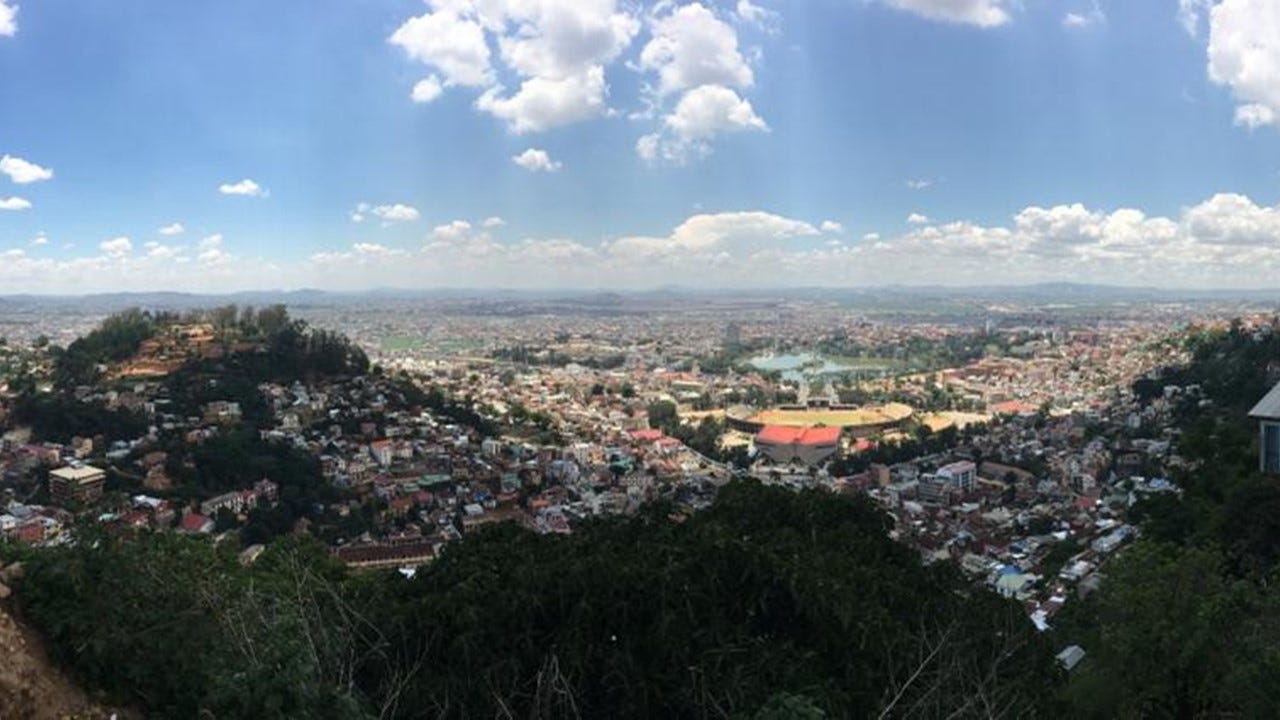
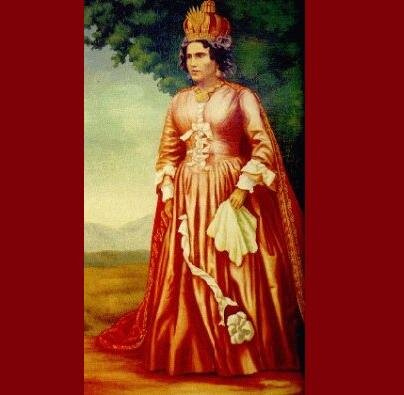








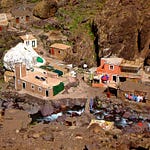

Share this post